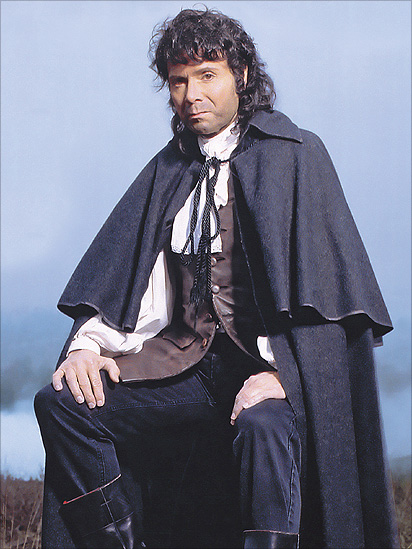


Lara Feigel is a woman with an apparently happy life-a wife and mother with a successful academic career. Lara Feigel, Free Women: Life, Liberation and Doris Lessing

This is a book which raises interesting questions about who owns a text and challenges our idea of what memoir can be. The result is a journey through literary criticism, cultural history, and the search for identity. Her assessment of Carson McCullers is fresh, incisive, and alive with vivid details, and her writing about her own life is full of a gentle confusion and a profound tenderness. Reading is an inherently undramatic activity, so why write about it? Also why read about a person reading a book when you could just read the book? Plus, might it not be just slightly smug to tell other people about just how many books you read? But, of course, as always, the form itself is not as important as what the writer does with it.Īuthor Jenn Shapland takes a bold step here in treating the life of Carson McCullers as an imaginative space in which to explore her own identity.

Here I must be honest and admit that, initially, I was less than convinced by the biblio-memoir idea. Whole new types of life writing emerged, including the biblio-memoir, which is defined as a memoir about reading. Memoirs started to overlap with personal essays, travel writing, nonfiction, autofiction. These changes were partly about subject matter, but also about form. Suddenly, life writing was bigger, bolder and braver. Now, I am certainly not boastful enough to believe that my book forced publishers to reconsider what readers of memoirs might want, but I do know that my book rode the crest of a wave of change that was happening around the same time. The book was rejected by the mainstream publishing industry, so I crowdfunded my memoir through the UK publisher Unbound and the book went on to win the PEN/Ackerley Prize. Eight years ago I wrote a memoir called Dead Babies and Seaside Towns about my experience of stillbirth and surrogacy.


 0 kommentar(er)
0 kommentar(er)
